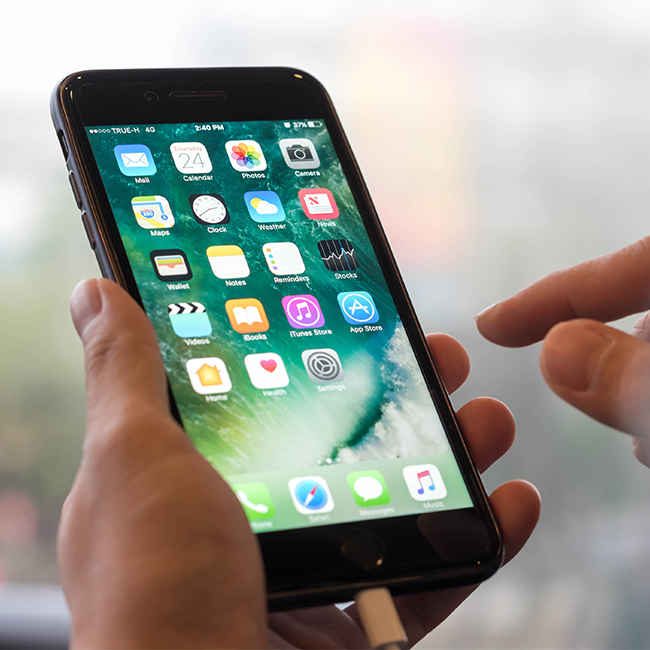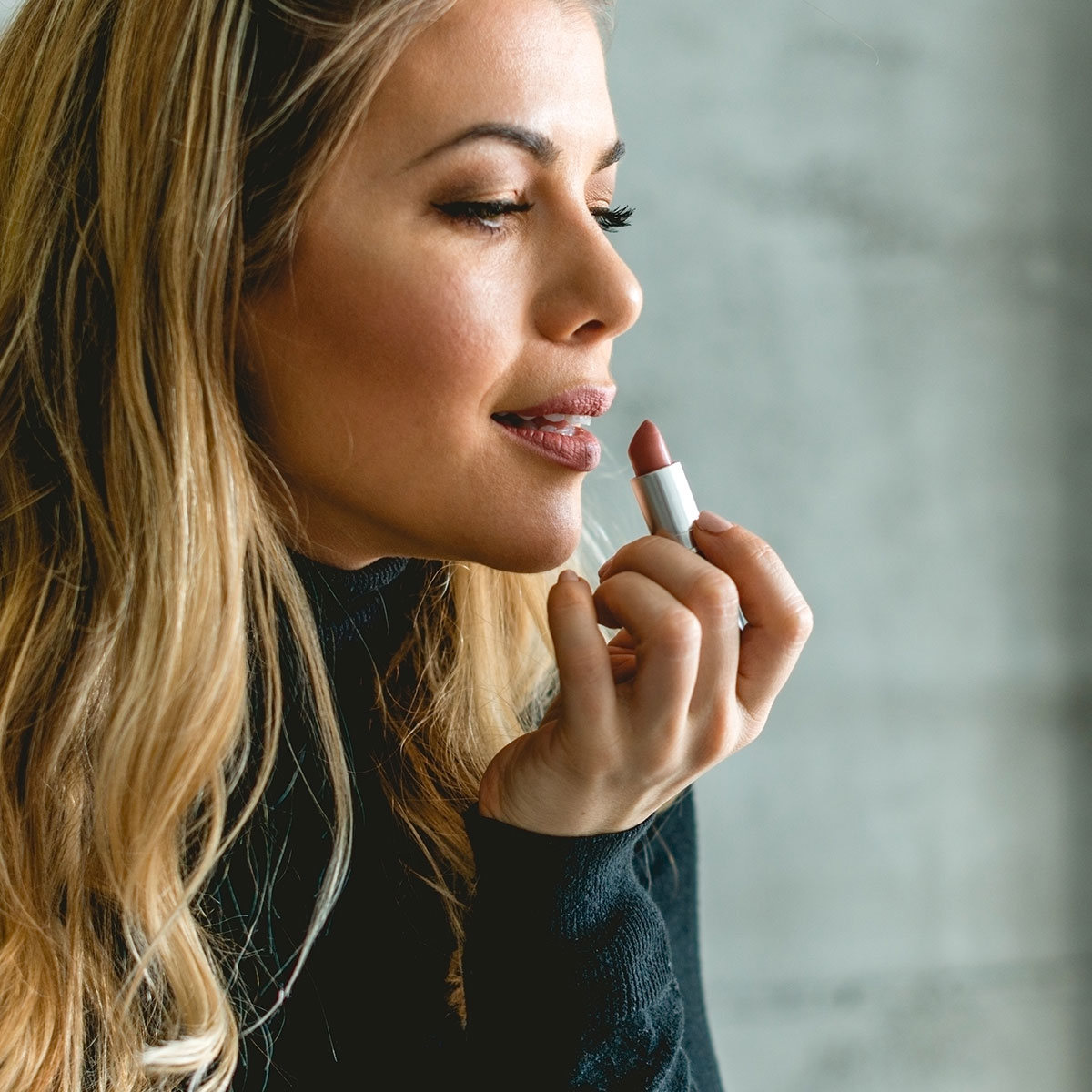This is an archived article and the information in the story may be outdated. Please check the time stamp on the story to see when it was updated last.
Maybe you’ve heard it from tech-savvy friends or have come across more than a few articles about it. Chances are you’ve picked up somewhere along the way that charging your iPhone overnight is one of the worst habits you can get into — but why? What is it about an overnight charge that makes it so different from charging your device any other time of the day? Of course, it isn’t whether there’s an “am” or “pm” on your watch that matters, but rather the length of time that you are leaving your phone on its charger that makes all of the difference. We spoke with tech experts to get to the bottom of what, exactly, happens to your iPhone when you leave it plugged in overnight — and a better charging alternative that you can embrace.

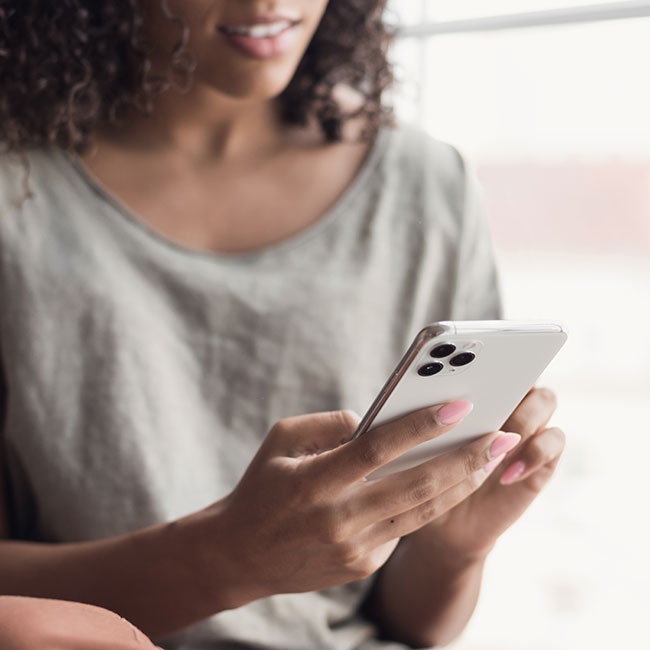
First the basics.
Plugging a smartphone overnight causes the battery to overcharge which generates heat that leads to overheating and can even start a fire, according to Harriet Chan, co-founder of CocoFinder. “The trickle charge works because iPhones operate on Li-Ion batteries, which are practical but very reactive as they contain lithium,” Chan says. “Leaving an iPhone plugged overnight shortens its battery life as the phone keeps charging while running several operations even when you aren't using it. Usually, there are background operations going on that keep depleting a smartphone’s charge, prompting the charger to continue charging to keep it at 100%. Over time it depletes the number of cycles the phone has at full capacity and can also lead to trickle charging.”
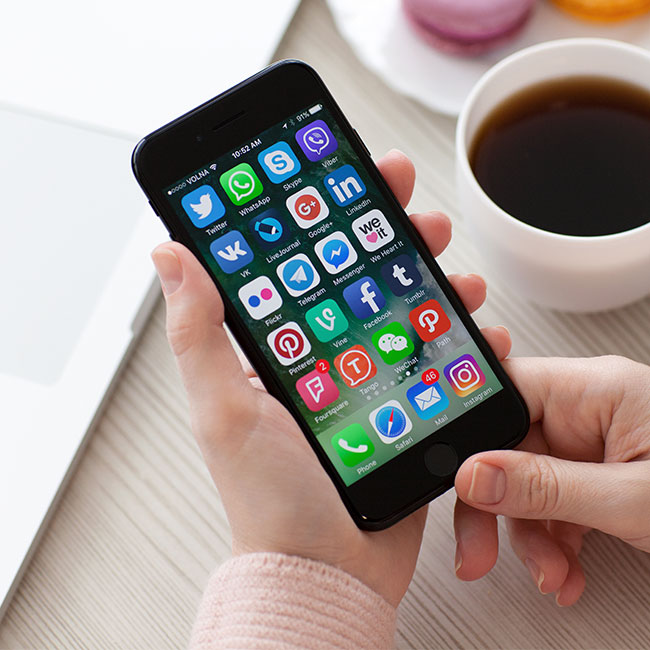
This problem is not just limited to charging your phone overnight, of course, but can happen anytime you leave your phone on a charger for too long.
“The one scariest mistake I have seen iPhone users make is keeping their iPhone on charge all the time,” says Olivia Tan, co-founder of CocoFax. “If you're the type of person that takes your iPhone off charge in the morning, pops it on charge in the car on the way to work, plugs it into a charger by your desk all day before again charging it in the car on the way home, and finally putting it on charge again overnight when you get back, then you're likely to damage the phone.”
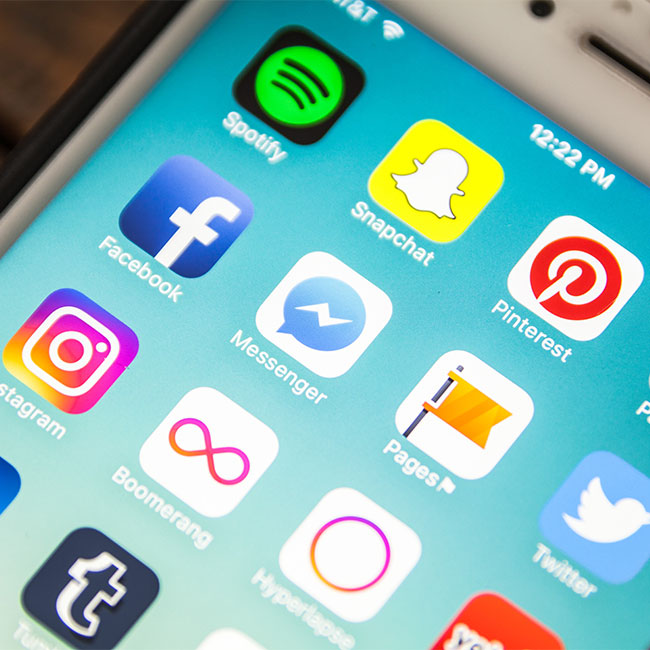
According to Tan, this continuous charging is wearing out your battery in two ways. “First, you're continually forcing charge into a battery that's always close to fully charged, which isn't something batteries like,” Tan says. “Secondly, all that charging is keeping the battery continually warm, which again isn't good for it.”
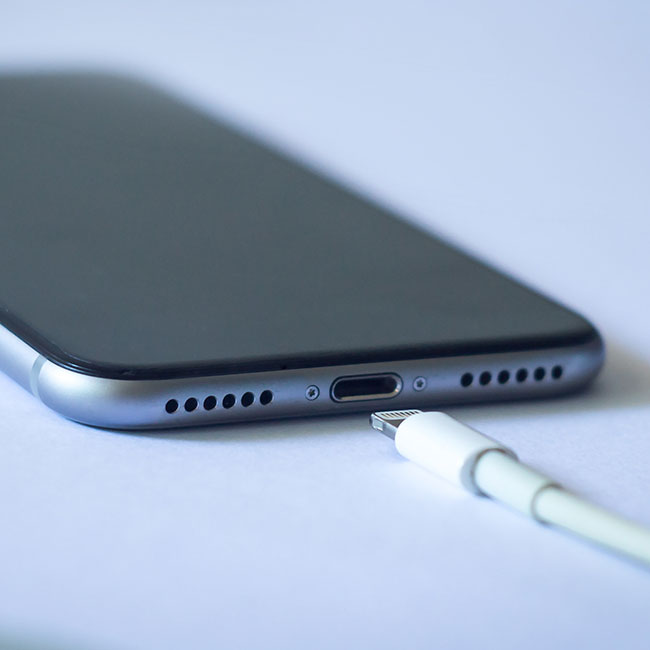
Okay, so you know that charging your phone for hours on end is going to cause problems. What’s the solution? Simple: charge it in smaller bursts of time AND don’t fall victim to thinking that your battery has to be 100% to be fully charged.
“A better way to charge phones is by taking advantage of the time between waking up and going to work,” Chan says. “By the time you finish having breakfast and preparing to leave, your phone will be 70%-80% charged, which is more than sufficient for a day. You can also carry your charger to work, charge your phone while commuting or use a portable iPhone charger. Furthermore, experts recommend using a non-combustible material under your phone while charging it overnight.”





